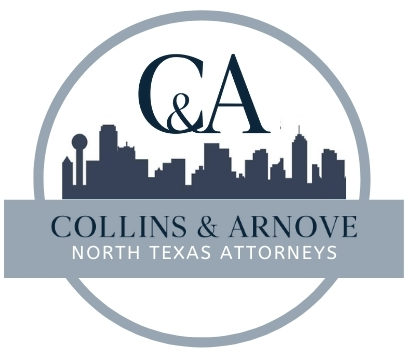 If you are facing financial hardships and are considering bankruptcy in Plano TX, you’re not alone. Every day, millions of Americans face debt that is spiraling out of control. Like you, they want a way out and and to start over with a clean slate. But before you declare bankruptcy, here are some facts you should know:
If you are facing financial hardships and are considering bankruptcy in Plano TX, you’re not alone. Every day, millions of Americans face debt that is spiraling out of control. Like you, they want a way out and and to start over with a clean slate. But before you declare bankruptcy, here are some facts you should know:
1. Chapter 7 bankruptcy won’t wipe out all of your debt. If your income is low enough to file for Chapter 7 bankruptcy, you’ll be able to eliminate almost all of your debt. Student loan debt, tax debt, back child support and some other types of debt won’t be discharged by bankruptcy. But, for the debt that is discharged, debt collectors won’t be allowed to contact you about your debt or try to collect money from you.
- If your income is high enough, you may have to file for Chapter 13 bankruptcy. If your annual income is over the median income for your state and your disposable income – the amount you have left over after you’ve paid all your bills – is high enough, you won’t be able to file for Chapter 7 bankruptcy.
- Chapter 13 bankruptcy won’t wipe out all of your debt. Unlike Chapter 7, which gives you an (almost) clean slate, Chapter 13 bankruptcy in Plano TX requires you to pay back many of your creditors through a court-mandated payment plan. How much you have to pay back depends on how much money you have available and how much you owe.
- You can’t file for Chapter 11 bankruptcy as an individual. Chapter 11 bankruptcy is for businesses only. In Chapter 11, the business is not forced to close but is simply restructured. The business can continue to operate but its assets may be managed by a trustee.
- Creditors can force you into bankruptcy. Occasionally, if your debts are extremely high, your creditors may petition the court to ask a judge to declare you bankrupt. If this happens, you may be placed on a repayment plan.
- The state of Texas does not have jurisdiction over your bankruptcy. Bankruptcy laws are federal and bankruptcy cases are brought in federal court. This means that bankruptcy laws are the same across the United States.
- There’s more to bankruptcy than filing papers. You must appear in court before a federal judge to proceed with your bankruptcy case.
- You may be able to keep your home. Many states, including Texas, offer homestead exemptions that allow you to keep your home, regardless of the type of bankruptcy you file for. The entire value of your home may be exempted but the home must be your primary residence.
- Bankruptcy stays on your credit report for 10 years after you file. With a bankruptcy on your credit report, you may find it difficult to get credit, loans or even to rent an apartment. For this reason, the decision to file for bankruptcy in Plano TX shouldn’t be taken lightly.
If you’re thinking about filing for bankruptcy in Plano TX, call us at Collins & Arnove at (972) 516-4255. We are a bankruptcy law firm and we can help you with any questions you may have about bankruptcy. Visit us online at www.ntb.wpmudev.host to learn more.
Collins & Arnove | Bankruptcy Plano TX | 972-516-4255
